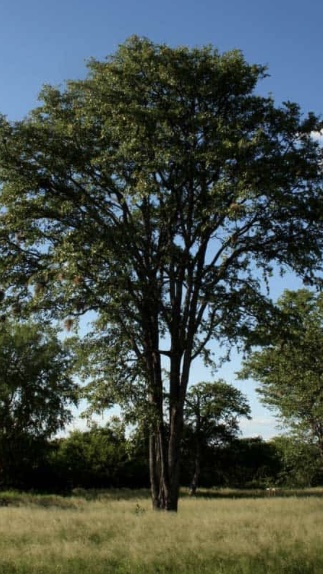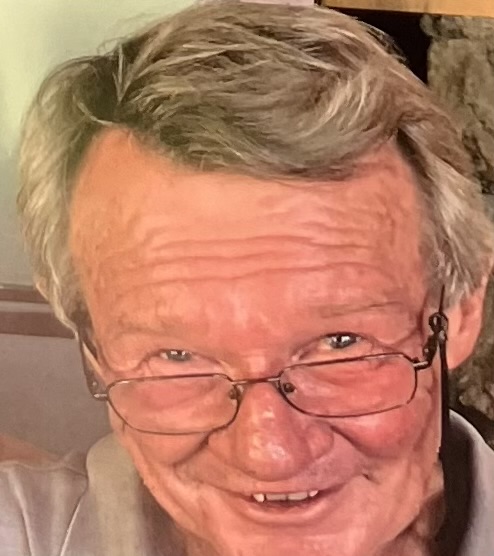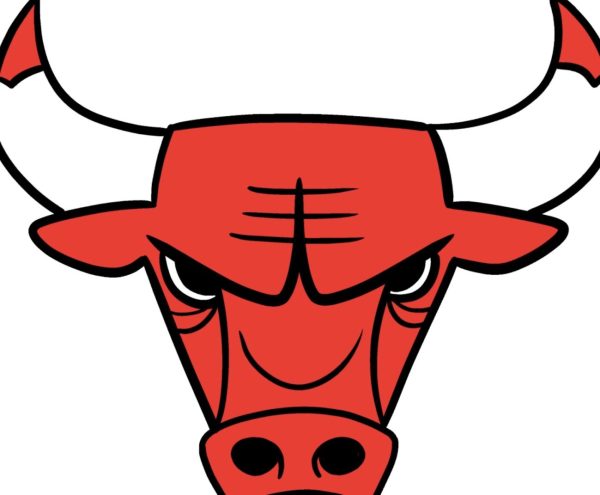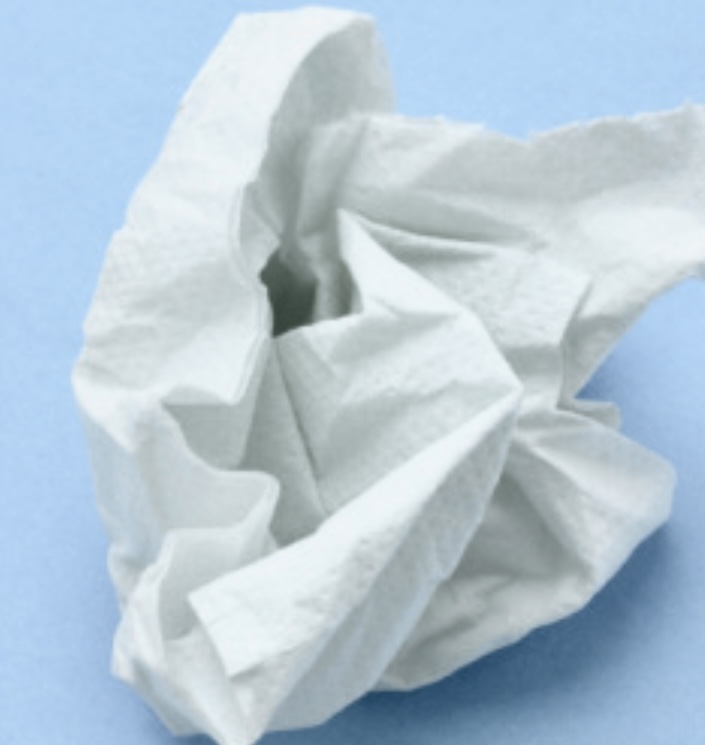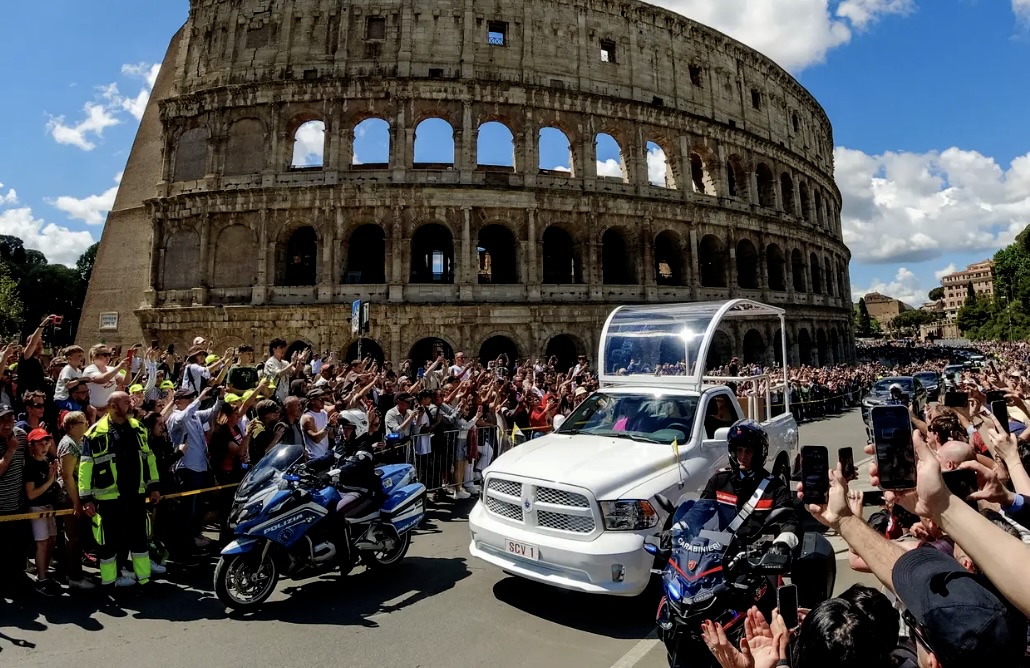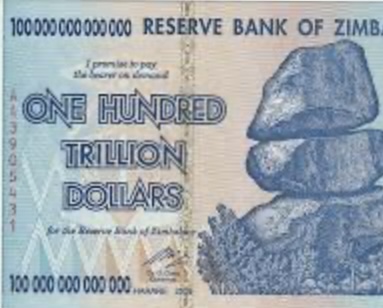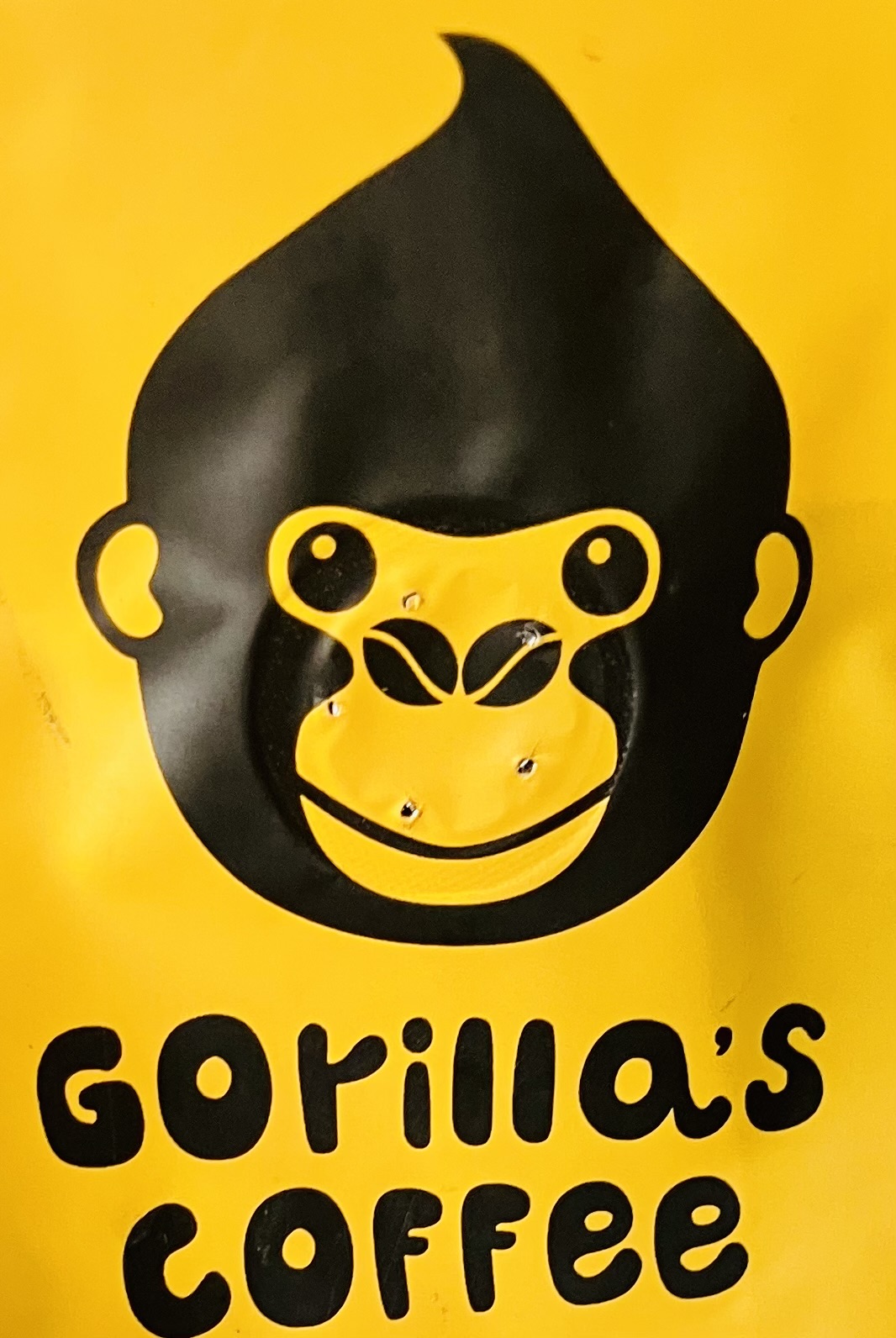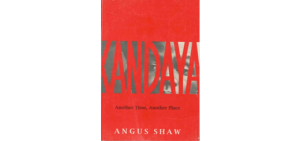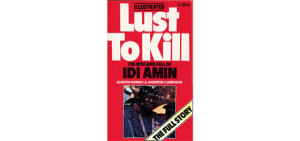The water ‘ATM.’ Good thinking, but why not here?
 In Kenya’s waterless townships and shanties, the Nairobi municipality is installing the water ‘ATM.’ Consumers buy a charge card and insert it to fill a chigubu from a tap below. Clean water costs a couple of cents, a tiny fraction of the foul-smelling polluted river and stream water touts and vendors sell for 50 Kenya shillings (48 U.S. cents) for 20 litres. The dispenser in the picture is in Mathare in Nairobi, ranked as one of the continent’s biggest slums. It significantly reduces dysentery, diarrhea and other life-threatening water-borne diseases there.
In Kenya’s waterless townships and shanties, the Nairobi municipality is installing the water ‘ATM.’ Consumers buy a charge card and insert it to fill a chigubu from a tap below. Clean water costs a couple of cents, a tiny fraction of the foul-smelling polluted river and stream water touts and vendors sell for 50 Kenya shillings (48 U.S. cents) for 20 litres. The dispenser in the picture is in Mathare in Nairobi, ranked as one of the continent’s biggest slums. It significantly reduces dysentery, diarrhea and other life-threatening water-borne diseases there.
Like a bank ATM, it is refilled, but in this case from the water mains where possible, from a well or a reserve tank.
The innovation, mostly solar powered, is successfully in use in India and Pakistan where scores of millions live in poverty and, like their counterparts in Africa, suffer acute water and electricity shortages.
Good thinking, but why not here? By the end of 2009, 4,290 Zimbabweans had died in one of the continent’s deadliest outbreaks of cholera, the preventable and curable disease that is spread by broken-down sanitation and poor hygiene.
 The National Railways are symptomatic of Zimbabwe’s overarching problem. A huge bureaucracy, big cars and enormous salaries for non- performing directors – and that goes for managers in state enterprises and across the public service too. Decisions are made but seldom implemented because of personal agendas, rivalry for backhanders and the usual cry: Western sanctions have left us with no money.
The National Railways are symptomatic of Zimbabwe’s overarching problem. A huge bureaucracy, big cars and enormous salaries for non- performing directors – and that goes for managers in state enterprises and across the public service too. Decisions are made but seldom implemented because of personal agendas, rivalry for backhanders and the usual cry: Western sanctions have left us with no money.
A Harare engineering business is owed $100,000. The CEO goes to the debtor, near to liquidation, to demand payment. There just isn’t any money, the cash flow is simply not there, he is told. Well, one of those brand new top-of-the-range Mercedes outside will do nicely for starters, says the CEO. Sorry, my friend, but you know it doesn’t work that way. The cars are directors’ perks.
When the firm finally goes bust, the directors get to keep their cars and the creditors and the workers get nothing.
Way back in 1990, after the “Willowgate” car sales profiteering scandal that sucked in several top government ministers, none of whom were really held accountable, Thomas Mapfumo put it this way – a clip from a track banned then by the state broadcasting monopoly: 🔊

Not that there is no corruption in Kenya. But its economy, with much the same resources and potential, is in far better shape than Zimbabwe’s.
Mapfumo lives in the United States and has always been a champion of freedom and justice, going back to pre-1980 independence days. ‘Mukanya,’ as he is known by his local clan name or the ‘Chimurenga ‘ star for his compositions on the ‘war’ for equality and fair opportunity, has never minced his words on the cruelty of minority white rule and the failings of black majority rule. He recently told the media: “I live and perform in the United States to people who have their own means. It would be better if I went back to Zimbabwe, but how do I ask people who are struggling to get by to pay to watch me sing? I couldn’t do it. The idea of driving around in a lovely car in a sea of poverty doesn’t sit well with me.”
His new album ‘Dangerzone,’ in his typical vein, is not easily available here but can be found in flea markets etc.

